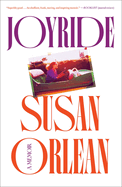Seattle WorldCon 2025 took place August 13-17, the first time the World Science Fiction Convention was back in Seattle, Wash., since 1961. World Science Fiction Society members attended in person and online, celebrating the past, present, and future of SF and fantasy creators and fans. Attendees had a pick of panels, readings, discussion groups, and workshops in 44 tracks, with topics that included academics, comics, fandoms, costume, editing/publishing, non-Western literature, genre history, and more.
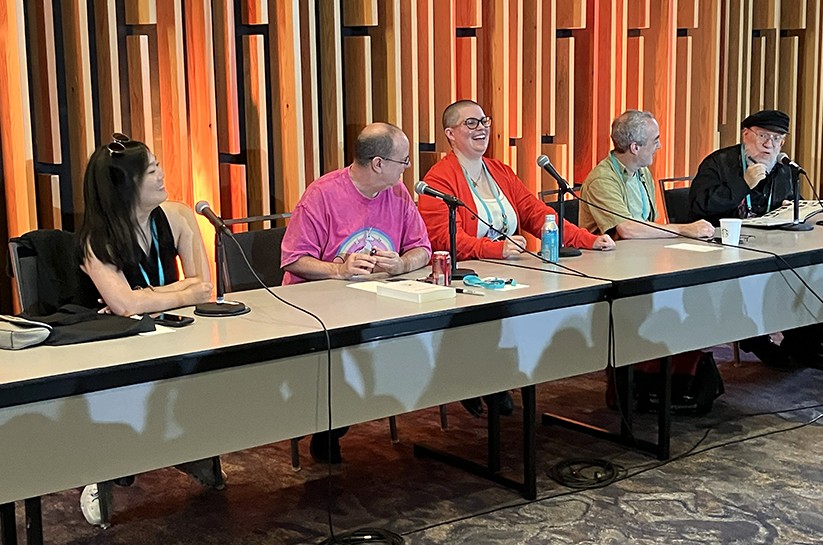 |
| From left: Isabel Kim, John Scalzi, Becky Chambers, Neil Clarke, George R.R. Martin |
Hundreds of attendees filled the Friday session "A Genre in Conversation with Itself" to hear Isabel Kim (Sublimation), John Scalzi (When the Moon Hits Your Eye), Becky Chambers (Monk and Robot series), George R.R. Martin (A Song of Ice and Fire series), and Neil Clarke (editor, Clarkesworld magazine) discuss science fiction's proclivity for tributes and critiques. Clarke said, "We're looking for things that add to the conversation... something that does something different or brings it to relevance to the next generation."
Scalzi quipped that the science fiction genre itself is like free-form jazz and added that not every response text is addressed to a previous written work. "It can be about a trend that you see going on or about a trope you see people using uncritically... all is up for response, criticism or commentary."
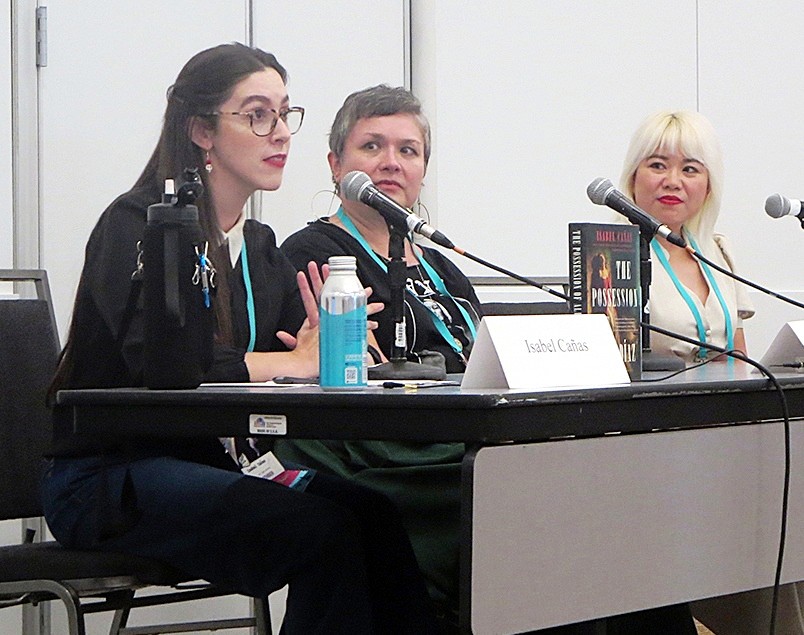 |
| At the panel "Researching the Occult and Paranormal": (l-r.) Isabel Cañas Michele Ruiz Keil, Van Hoang. |
The idea of scrutinizing tropes also came up in the panel "Researching the Occult and Paranormal" with Isabel Cañas (The Possession of Alba Díaz), Michele Ruiz Keil (Summer in the City of Roses), and Van Hoang (Girl Giant series). Cañas shared: "My characters are people of color who aren't often represented in mainstream American fiction... I want to take up space in a way that I believe humanizes us." The authors discussed how they balance culture responsibly with creative freedom, often consulting elders, folklore, and non-traditional archives.
In several panels, sci-fi and fantasy writers discussed how the metaphoric nature of their work addresses circumstances in the "real world." In the panel "Worldbuilding Through Geography and Environments," Martha Wells (The Murderbot Diaries) talked about how place shapes social structures and identity. "Time is laid down in layers," Wells said. "We live with the past all the time... cities are living organisms that change constantly."
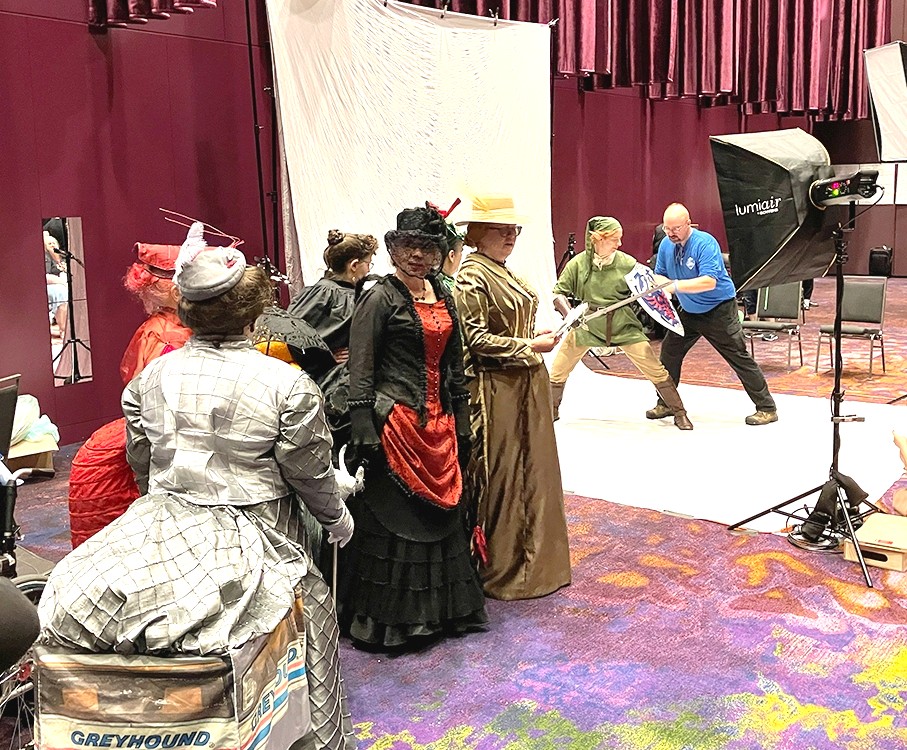 |
| Participants in the green room had their photos taken before Friday night's Seattle WorldCon Masquerade. |
The panelists on the "Arcane Principles" panel also emphasized how their work addressed the current world. Terry Brooks (Shannara series) said, "I'm always writing about this world--about what I see happening in the world around me--about the human condition, just contexting it differently than how we live in this world."
Authors talked about shrinking the metaphorical distance between their work and the world we live in by focusing more directly on the present or near future or by making class, labor, and ordinary life more central. In the panel "Working Class Science Fiction," about shifting focus from epic heroes to ordinary people who navigate extraordinary futures, Becky Chambers (Wayfarer series) explained her early fascination with the people in the background: "Yes, I am interested in fantastical futures, but I want to know what it's like to just live there," which contributes to her own writing. "I'm interested in making everyone feel they have a place in the universe."
On the "Too Close to Home: Writing the Near Future" panel, Sylvia Park (Luminous) said, "We are writing sci-fi with the hopes that this is not where we're headed." She tries to avoid writing in a predictive mode, explaining, "We're not seers; we're trying to write about human nature." She did agree with the other panelists that there is an overwhelming feeling that the future is coming faster and "right now, so many of us have a hard time imagining that things could get better."
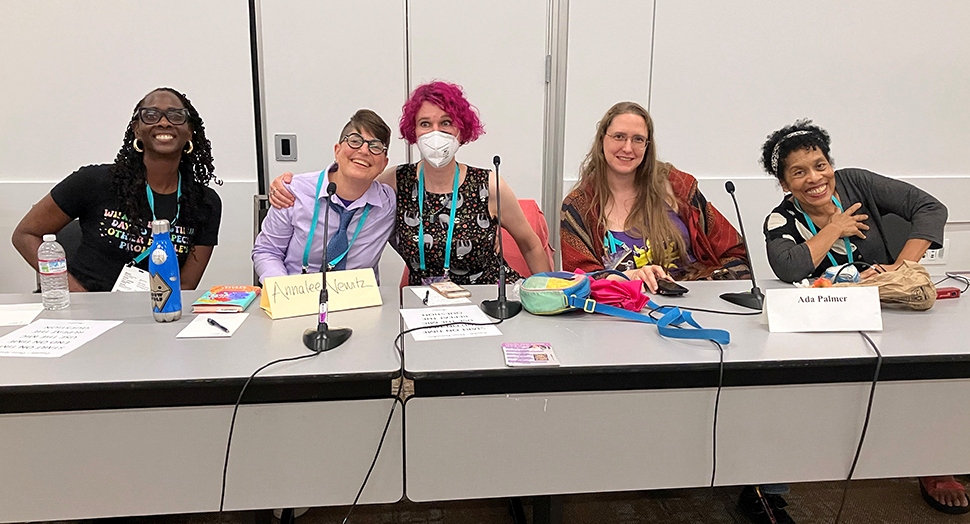 |
| From left: SFWA executive director Isis Asare, with authors Analee Newitx, Charlie Jane Anders, Ada Palmer, and Andrea Hairston. |
Dystopian fatigue and real-world crisis came up also in the panel "Feminist Futurism vs. Project 2025," moderated by Isis Asare, the new executive director of the Science Fiction and Fantasy Writers Association. Panelists Analee Newitz (Automatic Noodle), Charlie Jane Anders (Lessons in Magic and Disaster), Ada Palmer (Inventing the Renaissance), and Andrea Hairston (Archangels of Funk) made a case for stories of hope, sustainability, and community-based futures. Anders said it was "hopeful in a way to be comfortable with things being complicated... Rather than cautionary tales, I want to see more stories that advance the theory of human nature that help us survive as a species."
The authors referred to the emphasis on hope, connection, and transformation in the romance genre, contrasted with what Palmer called a "paucity of collective action narratives" in sci-fi and fantasy, which often focus on struggles of a lone protagonist. She added that "realistic literature is focused on 'we are powerless and all we can do is despair.' "
"Realism is just what we're willing to believe." Hairston chimed in. "Normal is the secret weapon of the empire... if you actually have the knowledge then you have the hope." --Kristianne Huntsberger
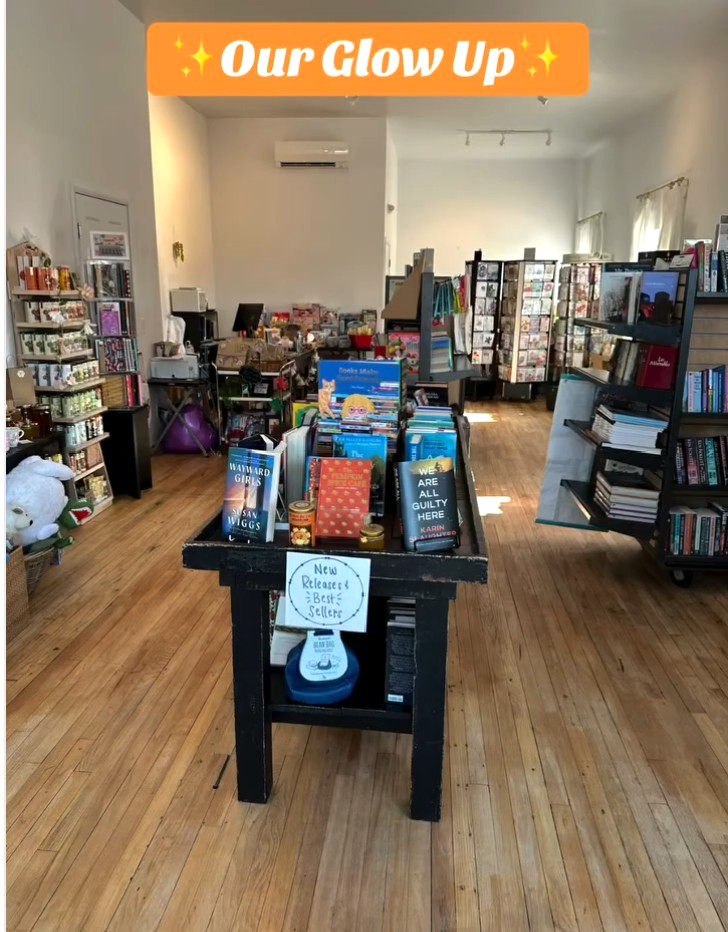







SHELFAWARENESS.1222.T1.BESTADSWEBINAR.gif)
 Located at 2951 E. Overland Rd., Cooks and Books carries cookbooks as well as a selection of general-interest titles for all ages. With the help of other instructors, owner Alicia Mattera will host one-off cooking classes as well as four-week courses paired with cookbooks. There will be options for all ages, and classes will cover everything from decorating cupcakes to learning to make pad Thai.
Located at 2951 E. Overland Rd., Cooks and Books carries cookbooks as well as a selection of general-interest titles for all ages. With the help of other instructors, owner Alicia Mattera will host one-off cooking classes as well as four-week courses paired with cookbooks. There will be options for all ages, and classes will cover everything from decorating cupcakes to learning to make pad Thai.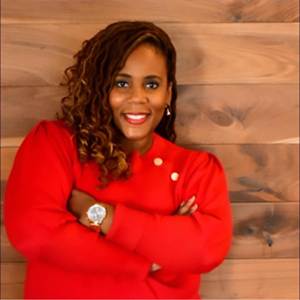
 On August 13, Barnes & Noble opened a new bookstore in Clark, N.J., in the Clark Commons at 1255 Raritan Rd., with author Nisha Sharma cutting the ribbon and signing copies of her books. This marks the return of the retailer to the area since it closed a nearby location in June 2022. The new store offers about 10,000 square feet of retail space.
On August 13, Barnes & Noble opened a new bookstore in Clark, N.J., in the Clark Commons at 1255 Raritan Rd., with author Nisha Sharma cutting the ribbon and signing copies of her books. This marks the return of the retailer to the area since it closed a nearby location in June 2022. The new store offers about 10,000 square feet of retail space. 



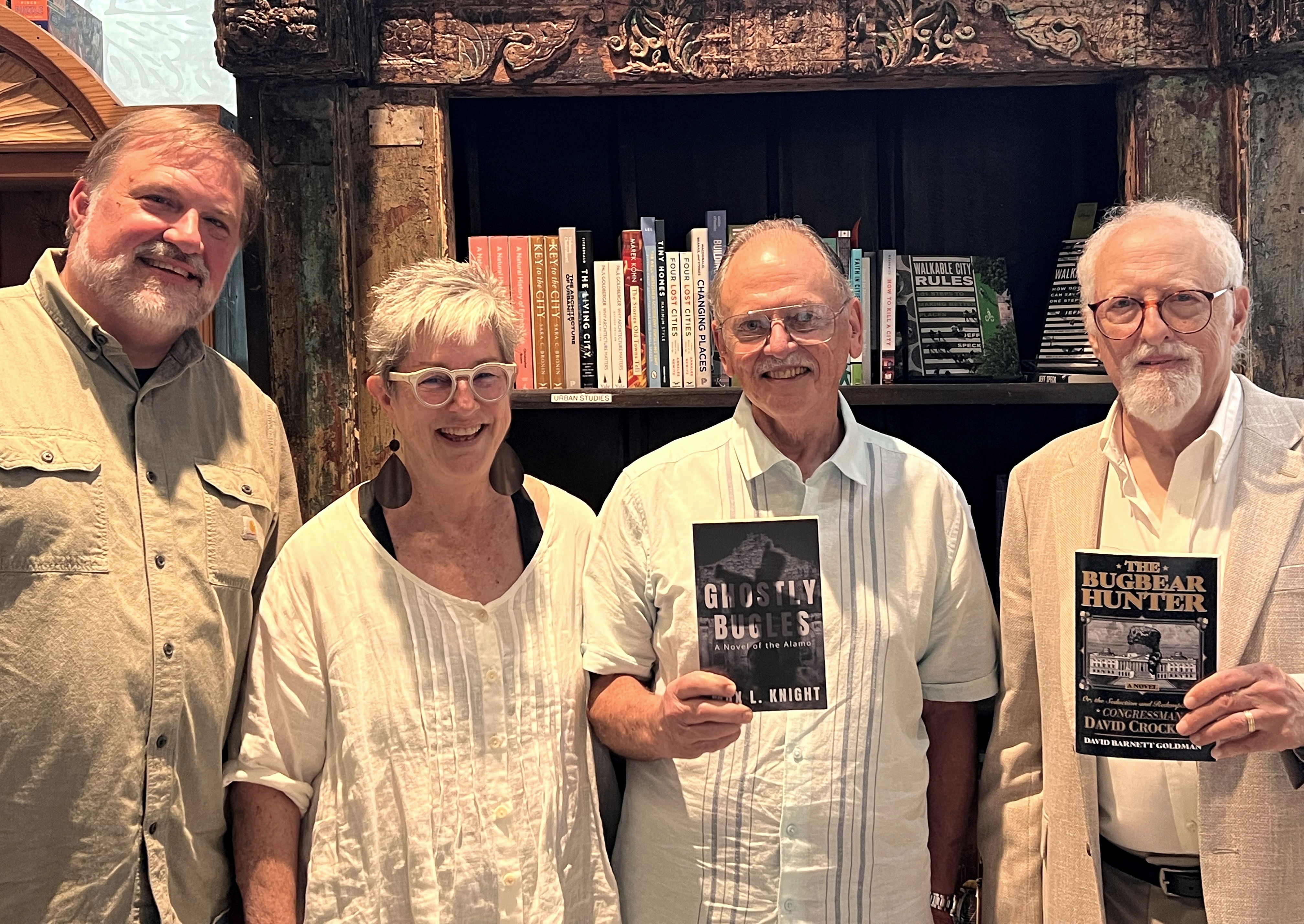 On August 14,
On August 14,  Posted by
Posted by 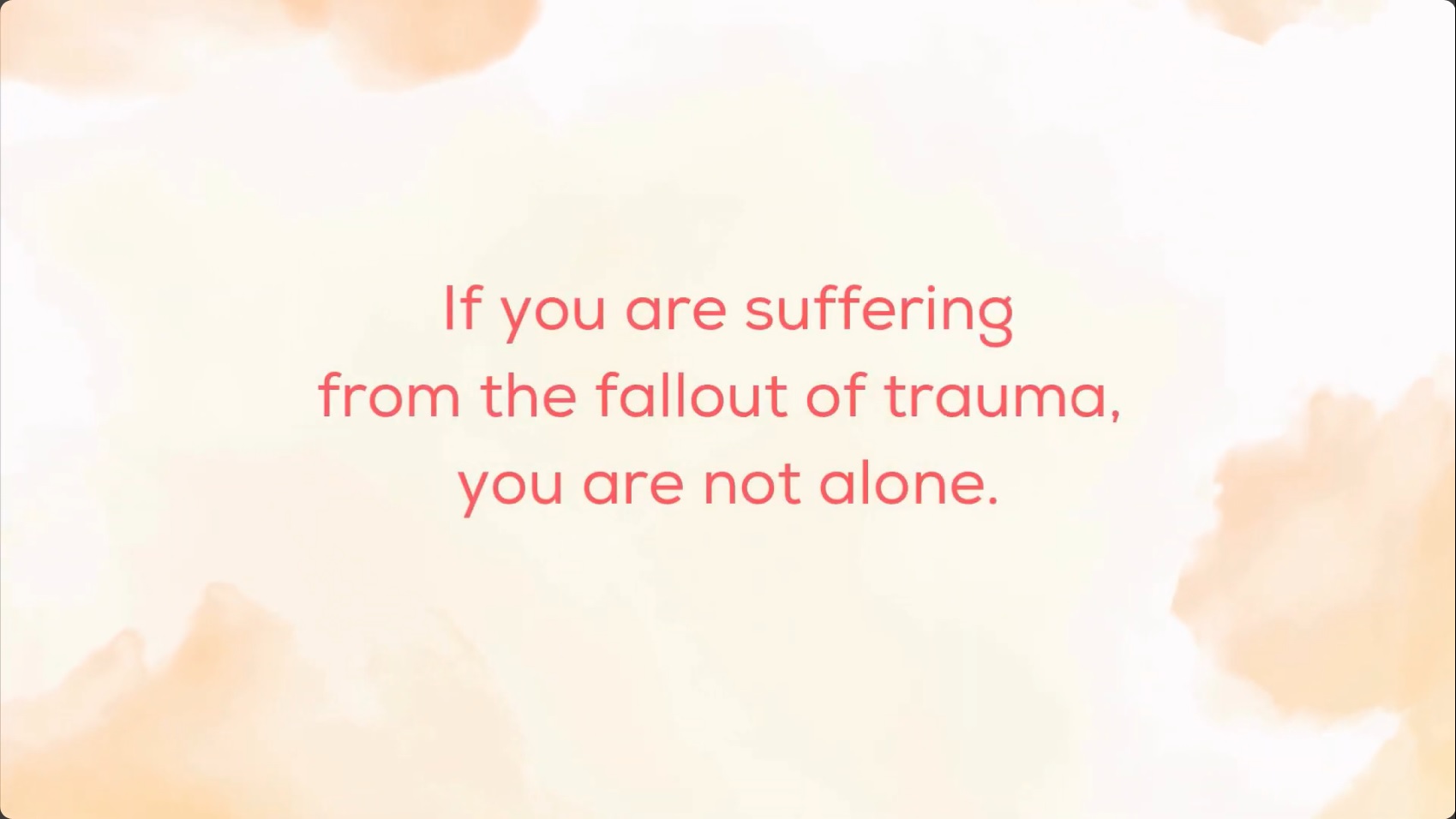 You Are Not Your Trauma: An ACT Guide for Healing from Within
You Are Not Your Trauma: An ACT Guide for Healing from Within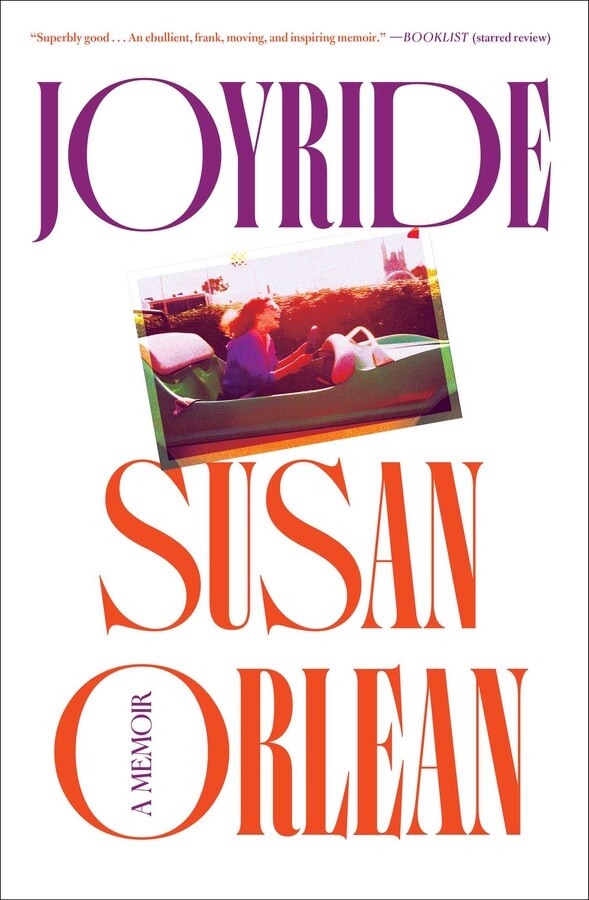 When Susan Orlean chose the title for her memoir, it wasn't merely an apt description of the "joyride of a life" she's lived as a journalist for nearly 50 years. It also teases the pleasure her readers will derive from a book that illuminates her fascinating career while serving as a textbook of sorts for anyone eager to look behind the scenes at a highly accomplished writer's craft.
When Susan Orlean chose the title for her memoir, it wasn't merely an apt description of the "joyride of a life" she's lived as a journalist for nearly 50 years. It also teases the pleasure her readers will derive from a book that illuminates her fascinating career while serving as a textbook of sorts for anyone eager to look behind the scenes at a highly accomplished writer's craft.